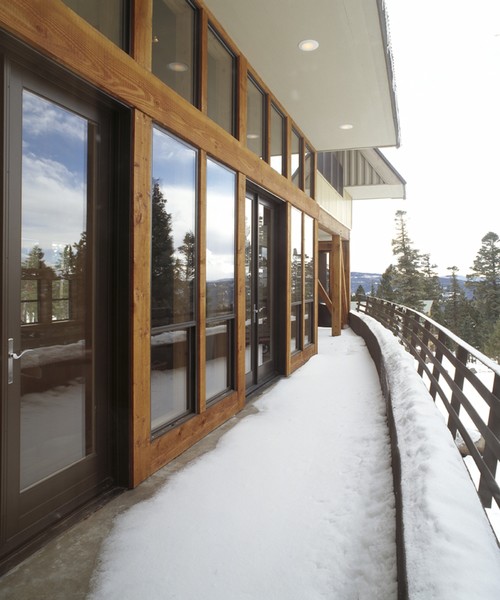Cold weather is a’comin’ to Nashville, and like bears prepping for a long hibernation, many of us feel the need to get our homes winter-ready. Most of the measures we suggest taking here will not only save you on energy costs but also ensure your family’s safety—and your peace of mind.
- Clean out your gutters. Once the last of the fall leaves have settled on the ground—sometime in mid- to late November—you may want to consider installing gutter screens so that this chore never appears on your “to do” list again. We recommend the Leaf Relief gutter protection system.
- Protect your home from drafts. Apply caulk or tacky rope to windows with gaps and install door sweeps to block cold air seeping in from exterior doors. You may want to take it upon yourself to make a “draft dodger” or “draft snake.” Tutorials abound on the Internet. All you need is a quarter yard of fabric, a bag of rice, and someone mildly handy with a sewing machine.
- Consider adding insulation to your attic. Experts recommend a minimum of 12 inches of insulation no matter what part of the country you call home.
- Have your chimney inspected and swept if needed. Here in Nashville, we can’t say enough good things about the crew at Ashbusters.
- Turn on your furnace before you even need to, just to check that it works. This way you won’t be left in the cold.
- Change or clean your furnace filters. Dirty filters can impede the flow of air, thus increasing energy costs.
- Have your air ducts professionally vacuumed to prevent respiratory problems. Dust and pet hair have likely collected there, along with mold, mildew, and bacteria.
- Consider having storm doors or windows installed. Studies have shown that storm doors can increase energy efficiency by 45%.
- Reverse your ceiling fan. Did you know that many ceiling fans come with “reverse” switches to switch the direction the blades spin? Counterclockwise rotation produces cooling breezes while switching to clockwise pushes warm air downward where it can recirculate. This may cut your heating costs by as much as 10%.
- Check all smoke alarms and change batteries if needed. Also, make sure your fire extinguisher still works.













